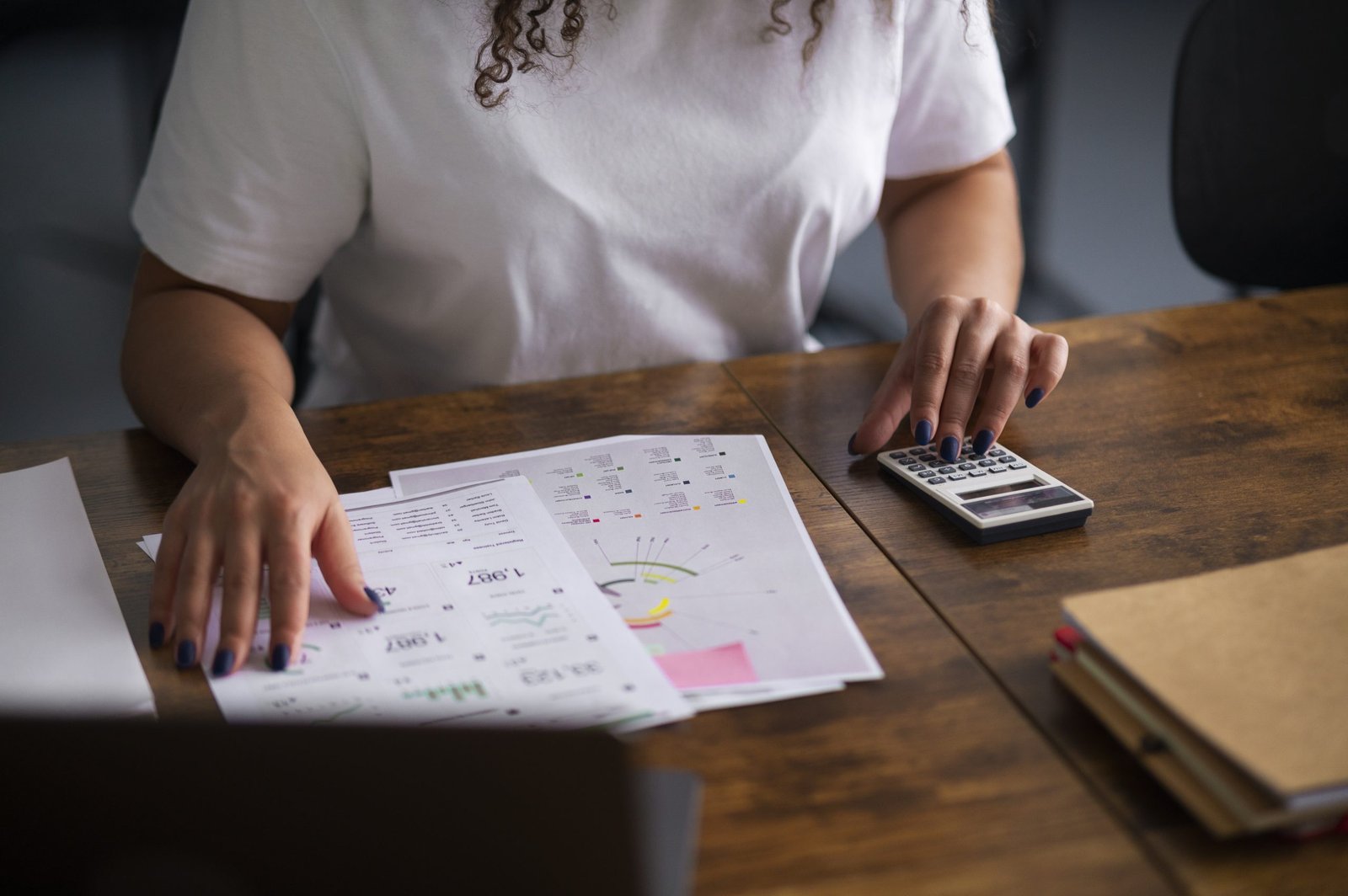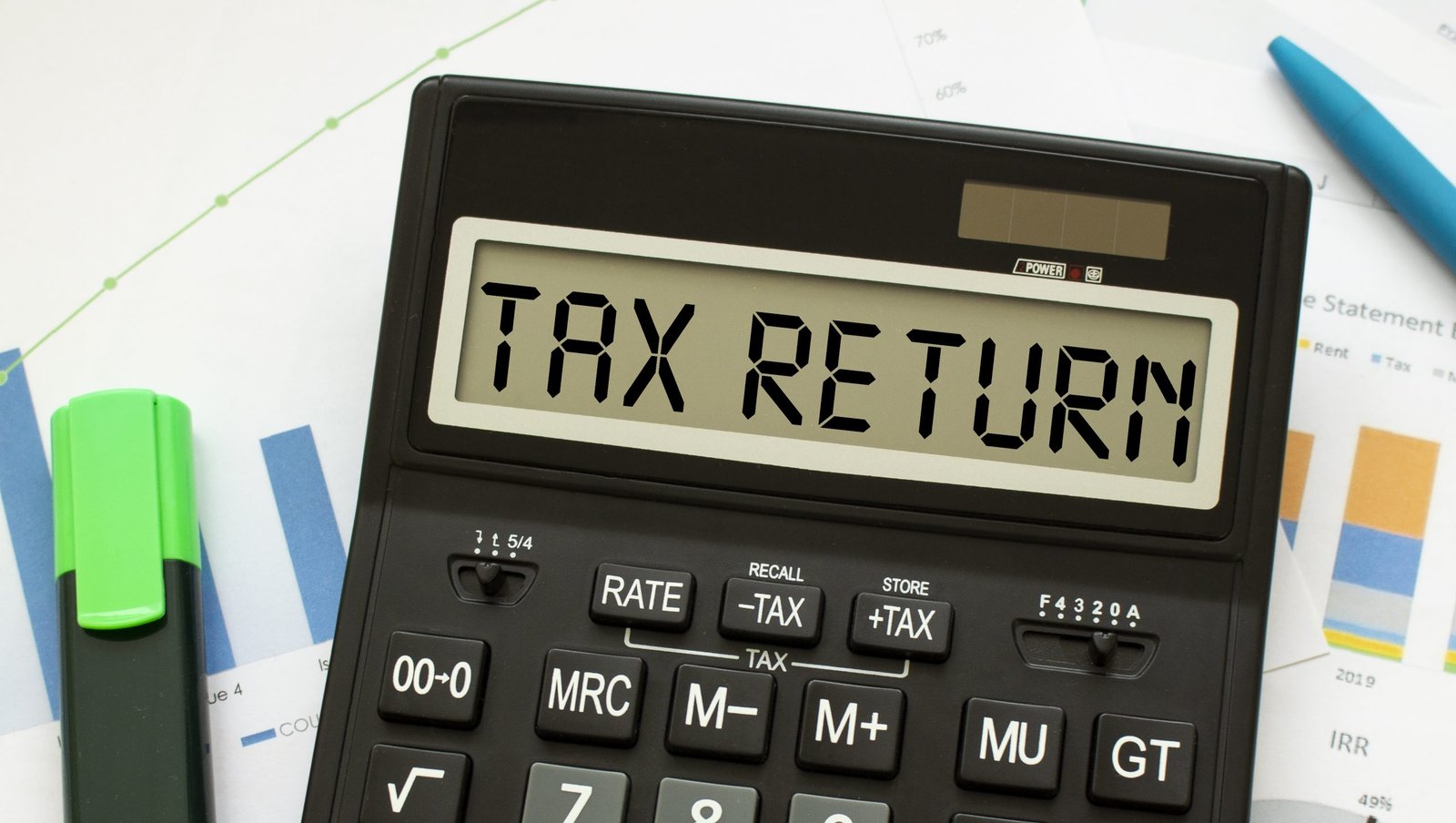As the 31 January deadline for self-assessment approaches, essential insights from experts shed light on key considerations when completing annual tax returns.
In a new year filled with resolutions and business plans for 2024, it’s crucial not to overlook the pending task of filing tax returns. HMRC reports that over 5.7 million individuals are yet to complete this process.
Understanding the Landscape
Before embarking on the journey of self-assessment, it’s crucial to understand the landscape and the significance of this annual financial responsibility.
Self-assessment is HMRC’s method of collecting information about earnings and expenses to calculate income tax.
Unlike traditional salary arrangements, small business owners must determine their tax liabilities.
As the latest figures reveal that over 5.7 million individuals are yet to file their tax returns, it’s evident that many may benefit from a more strategic and informed approach to this financial task.

Now, let's explore the essential Self-Assessment Tax Return Tips that can make the self-assessment process more manageable and less stressful for both seasoned filers and those approaching it for the first time.
- Act Early: The importance of completing your self-assessment early cannot be overstated. This proactive approach allows for better planning, ensuring you know your tax bill well in advance. This early insight not only aids in preparation but may also result in a welcomed tax refund, especially if you've overpaid.
- Early Registration: For first-time filers, prompt online registration is crucial. Obtaining a Unique Taxpayer Reference is a necessary step, and even seasoned filers should log in well before the self-assessment tax return deadline to address any potential issues. Keep in mind that the HMRC does not accept delayed log-in as an excuse for late filing.
- Keep Records: Consistent tracking of receipts and income throughout the year is a best practice. Utilising software for logging ensures that the tax return process is more manageable and less stressful. Monthly reconciliations provide real-time financial insights, contributing to a more organised and efficient filing process.
- Explore Entitlements: Self-assessment goes beyond mere documentation of sales and expenses. It involves checking for legitimate expenses that can be claimed, such as gifts and significant purchases like cars, machinery, and property. Maximising legitimate claims helps lower the level of tax owed.
- Consider Hiring an Accountant: Navigating the complexities of self-assessment can be daunting, making the expertise of an accountant invaluable. Accountants can identify tax efficiencies, spot potential mistakes, and ensure a more tax-efficient business operation. Businesses are reminded not to leave seeking accountant assistance until the last weeks of January and instead should get organised, establish good habits, and complete necessary preparations early.
Conclusion
As the deadline looms, these Self-Assessment Tax Return Tips provide a roadmap for businesses and individuals to confidently navigate the process.
By acting early, maintaining meticulous records, and leveraging professional assistance when needed, the daunting task of self-assessment can become a more streamlined and manageable endeavour.
With the 31 January deadline in sight, now is the time to plan ahead, ensuring a smoother tax return process and setting the stage for a successful year ahead.



